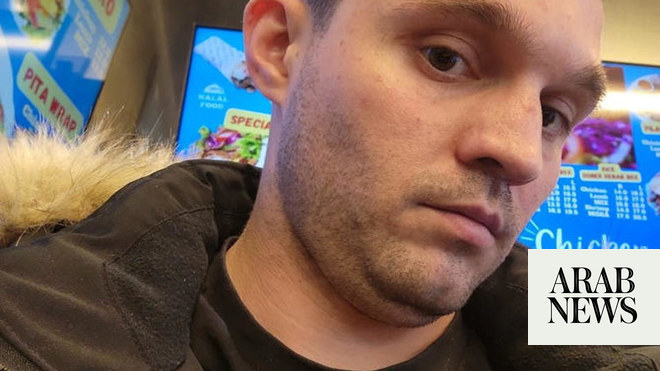
A Labour member involved in the party’s general election campaign has been arrested in connection with the Westminster honeytrap plot, the Guardian has learned.
The Metropolitan police confirmed they had detained a man, believed to be in his 20s, on Wednesday morning at an address in Islington, north London. He is being held on suspicion of harassment and offences under the Online Safety Act.
Labour confirmed a party member in Islington had been administratively suspended and said it could not comment further because of the police investigation. The Guardian understands he had been involved in the election campaign, with just over a week to go until polling day on 4 July.
The Met investigation follows MPs in the last parliament and others connected to Westminster being targeted by suspicious messages containing sexual content.
Fears had been raised that foreign states or those linked to them may have been involved in the sending of the messages, but the investigation by police so far has led detectives to believe it unlikely the motive is related to national security.
The scandal surfaced in April, but police had been made aware beforehand.
One MP, the Conservative William Wragg, said he had been asked for phone numbers of his fellow MPs after being approached on a dating app. He admitted giving information after feeling under pressure, and later resigned the Tory whip.
Police have been consulting prosecutors after their investigation began on 6 April.
Between 12 and 20 people connected to Westminster received the communications, with some messages sharing explicit content.
They were contacted and sent unsolicited messages from two numbers on WhatsApp, from users unknown to them. The sender described themselves as “Abi” or “Charlie”.
Announcing the arrest, the Met said: “A man was arrested on suspicion of harassment and committing offences under the Online Safety Act. He was taken into custody where he remains. The arrest relates to an investigation being carried out by the Met’s parliamentary liaison and investigation team following reports of unsolicited messages sent to MPs and others.”
Speculation about who was behind the messages and their motives has been rife.
The Met team have spoken to anyone, including those who were serving as MPs from both the Conservative and Labour parties, who reported receiving the messages.
Detectives have taken formal statements from those targeted, and in May they started consulting prosecutors at the Crown Prosecution Service (CPS) for early investigative advice.
This can cover the CPS’s assessment of the strength of a case against an individual, or more technical matters such as what elements of an offence detectives would need to gather evidence for, to get a charging decision.
The arrest on Wednesday came after police applied to magistrates for a warrant on Monday.
One MP in the last parliament, Luke Evans, said he had received the messages and made this public in April.
In a statement posted on social media, Evans, who represented Hinckley and Bosworth, said: “I was the MP that raised the alarm and blew the whistle on the Westminster honeytrap situation, alerting both the police and parliamentary authorities to the issue.
“Last month, I reported two incidents of cyber-flashing and malicious communications to the police. I was approached by two different numbers [10 days apart] on WhatsApp who purported to know me.
“After I tried to verify who was messaging me, I was sent unsolicited sexually explicit images. I immediately blocked the numbers and reported them to the police and parliamentary security.
“I was able to screenshot the written messages and my team recorded the explicit images which meant we could share this information directly with the police.”












